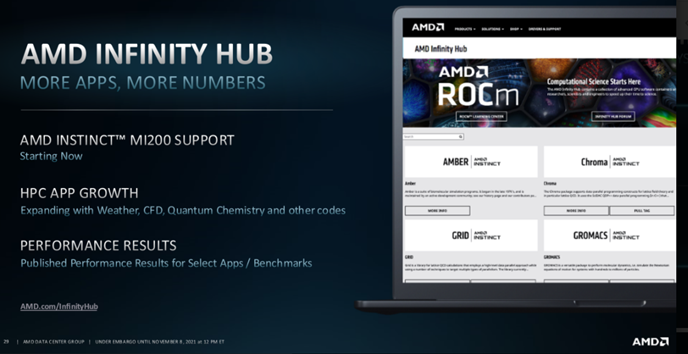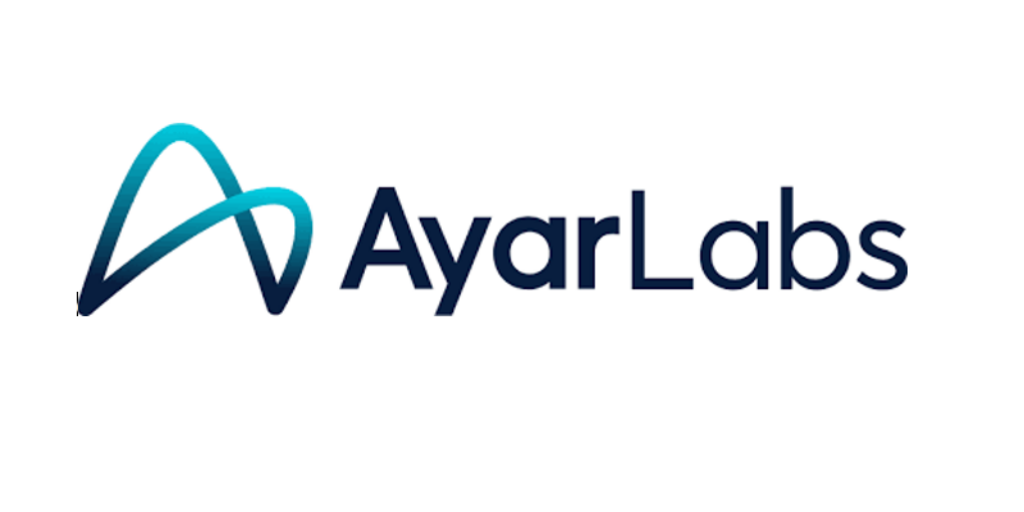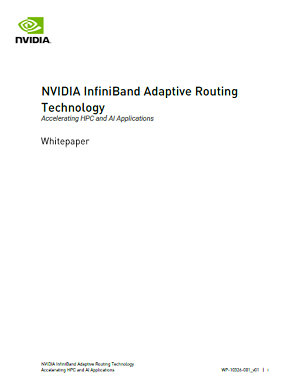GPUs have revolutionized HPC and AI, carrying advanced performance forward where Moore’s Law dropped off. The result: exploding global demand for the chips. The GPU market reached $87 billion for 2021 with a projected CAGR of 33 percent through 2025, according to a December report by market analyst firm ReportLinker. Combining lightning-fast compute with enhanced energy efficiency, GPU technology over the past decade has transformed the landscape for advanced processors used in data center servers.
But fast chips alone get you only so far. You also need a way to channel all that compute power for scientific applications. That’s why AMD, developer of the AMD Instinct™ series of GPU accelerators, created the Infinity Hub, comprised of advanced GPU software containers and deployment guides for HPC, AI and machine learning applications. The hub currently offers a range of containers supporting either Radeon Instinct™ MI50, AMD Instinct MI100 or AMD Instinct MI200 accelerators. The objective: enable researchers, scientists and engineers to accelerate time-to-science.
Built for users of the AMD ROCm™ “code once, use everywhere” software development platform for HPC/hyperscale-class GPU computing, Infinity Hub is the home for open source applications ported and optimized on AMD GPUs. It’s also a gathering place for users to come together, to learn based on shared experiences and to solve new problems using Infinity Hub application containers.
These performance-tuned containers have been designed for easy downloading with the support of detailed instruction guides. Infinity Hub has an extensive list of code repositories supporting AMD accelerators, featuring such HPC applications as AMBER, Chroma, CP2K, GROMACS, NAMD and OpenMM, among others. In addition, Infinity Hub offers AMD-developed AI containers for leading PyTorch and TensorFlow frameworks with the latest ROCm MIOpen libraries.
Infinity Hub containers are designed to reduce the complexity of obtaining and installing new software releases, and they support popular Singularity and Docker deployment tools, so workloads can be more easily deployed and scaled-out, according to customer requirements. The result: greater focus on science, less time and effort spent on technology configuration.

All Infinity Hub containers deliver tested and optimized software releases accompanied by a regular upgrade process ensuring access to the latest ROCm software feature upgrades. In addition, Hub users are supported by the ROCm Community, a forum for ROCm users to work together on solving issues around the development platform. The hub also offers the ROCm Knowledge Base, with answers to frequently asked questions.
The Infinity Hub catalog will continue to grow over time, responding to evolving customer needs within the expanding ROCm ecosystem with additional applications, frameworks and SDK containers. Learn more at AMD.com/InfinityHub




